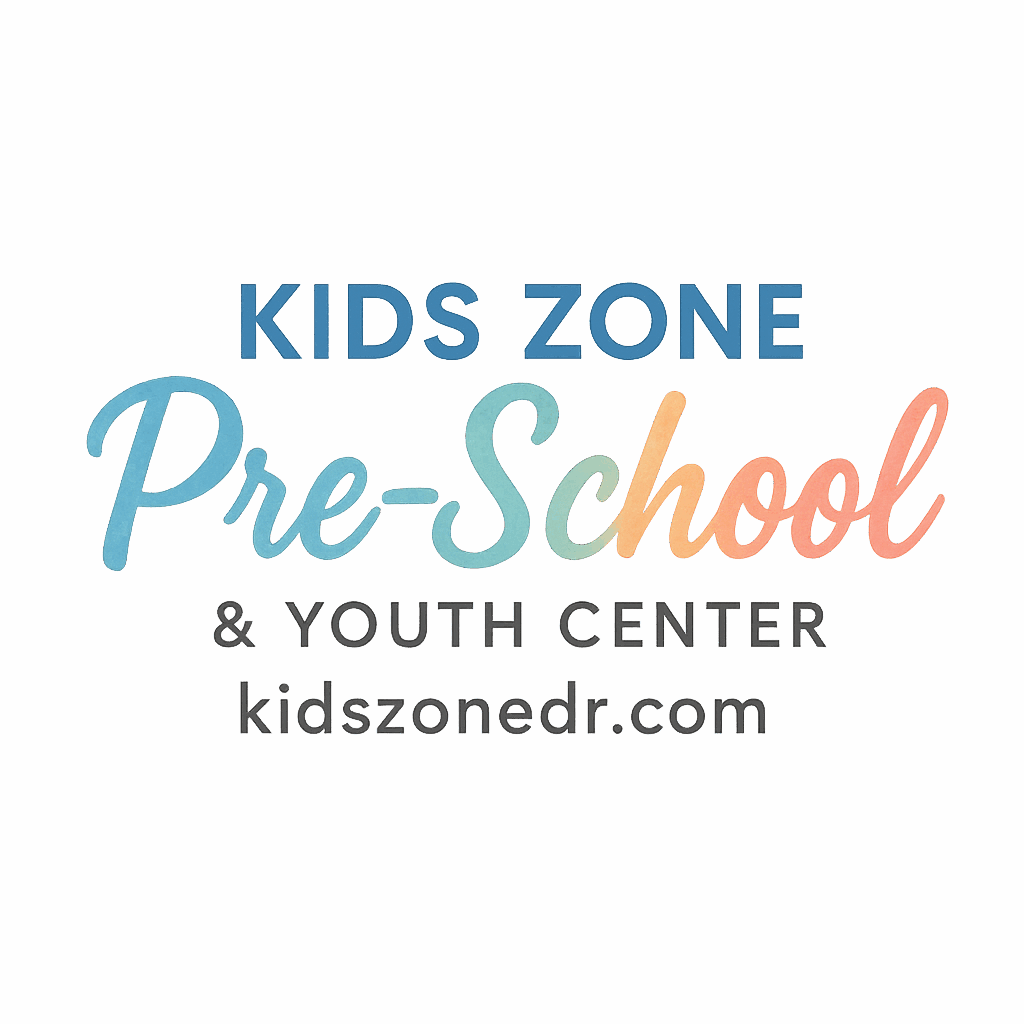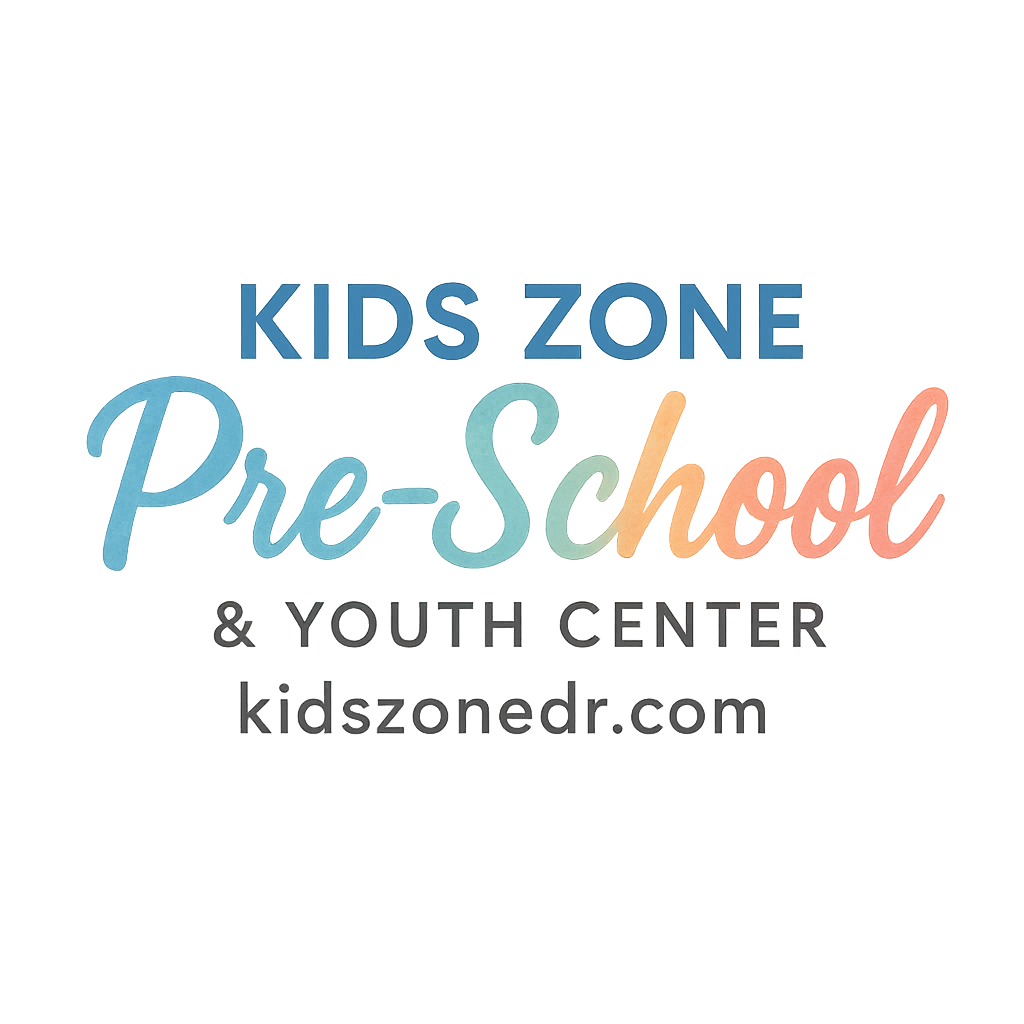Running a preschool or youth center is no small task. Between balancing costs, creating engaging activities, and ensuring every child feels supported, it can get overwhelming. But here’s the good news—you don’t need an endless budget to create meaningful learning experiences. With a little creativity, you can transform everyday moments and household items into powerful educational tools.
In this article, we’ll explore 12 preschool & youth center budget-friendly learning ideas that teachers, parents, and caregivers can use to spark curiosity, build skills, and encourage fun—all without breaking the bank.
Why Budget-Friendly Learning Matters in Preschool & Youth Centers
Preschool is where kids build their foundation for lifelong learning. But let’s be real—resources can be limited, especially in community-driven youth centers. That’s why budget-friendly learning ideas are essential. They:
- Encourage creativity without expensive tools.
- Help kids see the value in everyday objects.
- Reduce financial pressure on parents and educators.
- Promote sustainability through recycling and repurposing.
👉 For more insights into how preschools build effective programs, check out preschool learning development.
1. Storytelling Corners with Everyday Props
Nothing sparks imagination like storytelling. Setting up a cozy storytelling corner is one of the easiest and most affordable ways to engage preschoolers.
Using Old Clothes for Dress-Up Play
Instead of buying costumes, ask parents to donate unused scarves, hats, or jackets. Kids can dress up as characters, creating their own adventures.
Encouraging Kids to Be the Storytellers
Give children the chance to invent their own stories. This not only boosts creativity but also supports early literacy and confidence.
2. DIY Art Stations with Recycled Materials
Art activities don’t need fancy supplies. In fact, the best projects often come from recycled treasures.
Paper Rolls, Boxes, and Bottle Caps as Art Supplies
These everyday items can become cars, castles, or abstract art. Kids learn that creativity has no price tag.
Teaching Sustainability Through Creativity
By using recycled materials, kids understand the importance of reusing and protecting the planet.
3. Nature Walks as Outdoor Classrooms
Sometimes the best classroom is outside. A simple walk in the park or schoolyard can turn into an exciting lesson.
Collecting Leaves, Stones, and Flowers
Children can collect small natural items and discuss colors, textures, and shapes.
Turning Observations into Mini Science Lessons
From counting petals to comparing tree bark, nature becomes a free science lab.
4. Music and Movement with Homemade Instruments
Music is universal—and it doesn’t have to be expensive.
Using Pots, Pans, and Plastic Bottles
Empty bottles filled with rice make shakers. Wooden spoons and pans become drums. Instant orchestra!
Benefits of Rhythm and Dance in Early Learning
Music helps with rhythm, memory, and even math skills. Plus, it gets kids moving and giggling.
5. Free Play with Building Blocks or Homemade Alternatives
Building activities help kids develop problem-solving and motor skills.
Cardboard Bricks and Plastic Cup Towers
Can’t afford commercial building sets? Collect cardboard boxes or disposable cups. Kids will build, topple, and rebuild endlessly.
Developing Fine Motor and Problem-Solving Skills
Balancing and stacking teaches patience, focus, and hand-eye coordination.

6. Budget-Friendly Science Experiments
Kids love hands-on experiments—and you don’t need a lab to explore science.
Baking Soda & Vinegar Volcanoes
This classic experiment never fails to impress. Kids learn about reactions while having fun.
Water Play with Everyday Containers
Different-sized cups and spoons help kids learn about volume, weight, and cause-and-effect.
👉 For more fun activities, explore preschool science experiments.
7. Language Development Through Puppet Shows
Puppet shows are magical for young learners.
DIY Puppets from Socks and Paper Bags
Old socks and paper bags can quickly become characters. Kids can create their own and perform shows.
Boosting Confidence and Communication
Puppetry helps children practice language, emotions, and social interaction in a safe, playful way.
8. Cooking Activities with Simple Ingredients
Cooking combines math, science, and healthy habits—all in one fun activity.
Sandwich-Making and Fruit Salad Prep
Simple recipes like sandwiches or fruit salads allow kids to safely participate in meal prep.
Teaching Nutrition and Healthy Eating
Cooking activities introduce the basics of healthy eating, portion sizes, and balanced meals.
9. Reading Circles with Shared Books
Books are powerful learning tools, but they can be pricey.
Book Swaps Among Parents
Encourage families to swap books monthly. It keeps the reading list fresh without extra costs.
Building Early Literacy Habits
Reading circles improve focus, listening, and imagination. For guidance, see choosing the right preschool.
10. Group Games That Cost Nothing
Some of the best activities are the simplest.
Simon Says, Duck Duck Goose, and Freeze Dance
Classic playground games don’t require equipment but keep kids active and social.
Social and Emotional Benefits of Group Play
Group play builds teamwork, patience, and communication.
11. Creative Writing and Journaling for Youth
For slightly older children in youth centers, journaling is a powerful tool.
Drawing + Writing Stories
Preschoolers can start with drawings and a few words. Older kids can expand into full stories.
Expressing Emotions Through Journals
Journaling helps children manage emotions, reflect on experiences, and grow in self-awareness.
12. Gardening Projects on a Budget
Gardening teaches responsibility, patience, and science.
Using Recycled Containers for Planting
Old bottles, jars, and cans can become plant pots. Kids love watching their plants grow.
Teaching Responsibility Through Plant Care
Watering and caring for plants teaches routines, patience, and responsibility. See more about daily routines and activities.
Role of Parents and Educators in Budget-Friendly Learning
Collaboration is key when keeping learning affordable and effective.
Involvement at Home and in the Classroom
Parents can extend classroom lessons at home with simple activities, building stronger learning habits. See parental guidance & involvement.
Volunteering and Donating Materials
Encourage families to donate safe materials (boxes, clothes, books) or volunteer during activity days.
Tips for Implementing Budget-Friendly Ideas in Youth Centers
Planning, Organizing, and Scheduling
Consistency makes activities effective. Use a daily schedule to balance structured and free play.
Keeping Safety and Health in Mind
Always check donated or recycled items for safety. Read more about health & safety in preschool.
Conclusion
Creating engaging activities doesn’t have to cost a fortune. With these 12 preschool & youth center budget-friendly learning ideas, you can turn simple materials and everyday experiences into powerful learning moments. From storytelling to gardening, each activity builds essential skills while keeping children curious and excited about learning. Remember, it’s not about the price tag—it’s about the creativity, love, and involvement you bring to the process.
FAQs
1. What are budget-friendly preschool learning activities?
They are fun, low-cost educational activities that use everyday items like recycled materials, nature, and simple tools to engage kids.
2. How can parents support youth center learning ideas at home?
Parents can donate items, join book swaps, and extend classroom lessons at home through storytelling, cooking, or nature walks.
3. Are DIY preschool activities safe for kids?
Yes—when supervised properly. Always check materials for sharp edges or small choking hazards before use.
4. What’s the role of storytelling in preschool learning?
Storytelling boosts imagination, vocabulary, listening skills, and self-confidence.
5. How do budget activities support child development?
They encourage problem-solving, creativity, social skills, and independence without requiring expensive materials.
6. Can preschoolers really benefit from science experiments?
Absolutely! Simple experiments like water play or baking soda volcanoes make science exciting and easy to understand.
7. How do youth centers keep learning fun and affordable?
By reusing resources, involving parents, organizing group activities, and focusing on creativity rather than cost.


